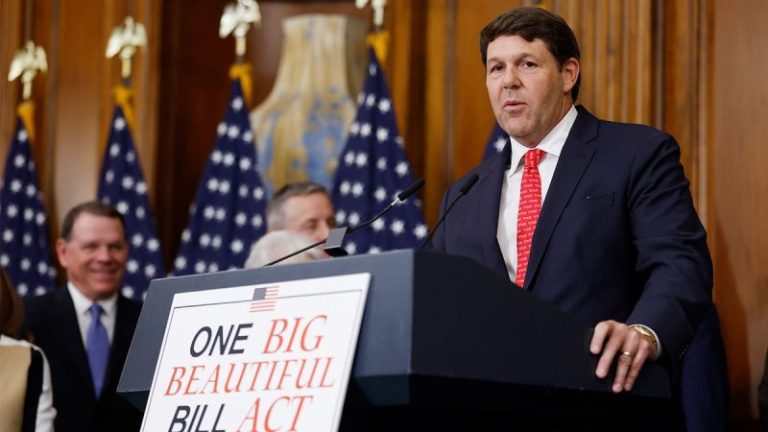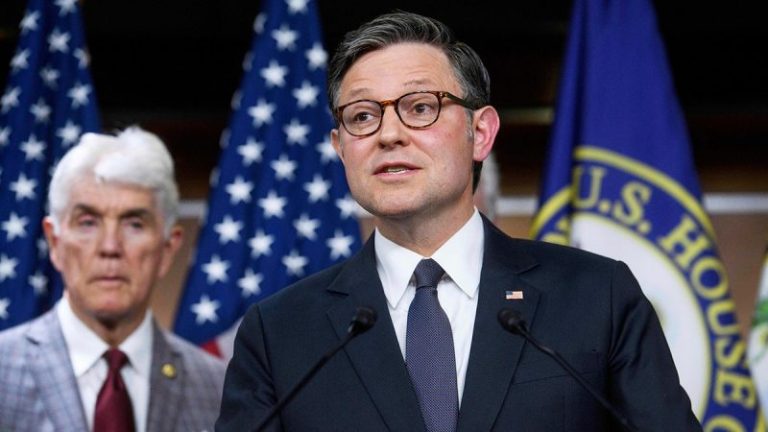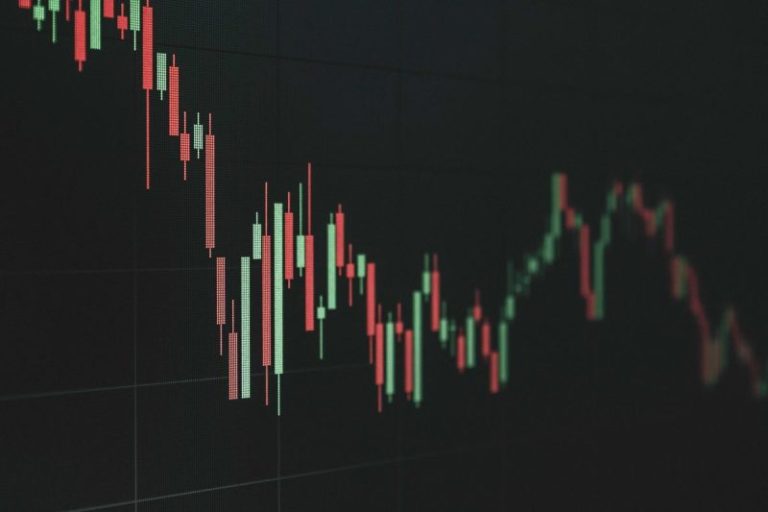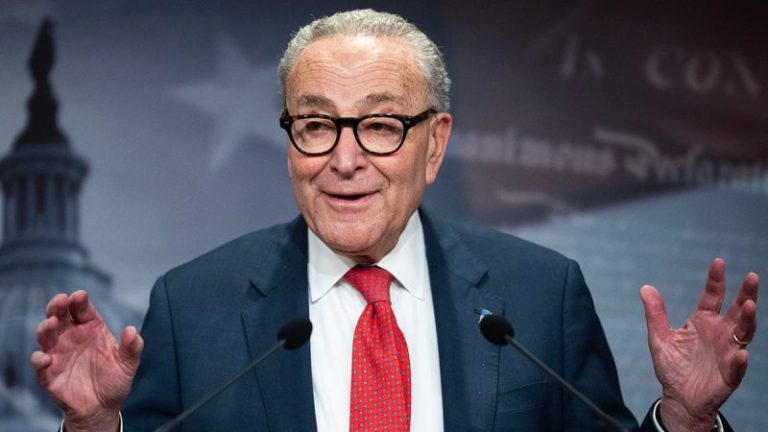House Budget Committee Chairman Jodey Arrington, R-Texas, will not seek re-election in 2026.
The senior Republican lawmaker will have finished serving a decade in Congress when he leaves at the end of next year.
‘I have a firm conviction, much like our founders did, that public service is a lifetime commitment, but public office is and should be a temporary stint in stewardship, not a career,’ Arrington said.
And the conservative Texan told Fox News Digital he felt he was leaving on a high note, having played a key role in crafting President Donald Trump’s big, beautiful bill.
‘It was a very unique, generational impact opportunity, to be almost ten years into this and to have the budget chairmanship, and to lead the charge to successfully pass that and to help this president fulfill his mandate from the people,’ Arrington said. ‘It just seems like a good and right place to leave it.’
He cited multiple legislative items across his tenure as Budget Committee chair when asked what he took pride in, but added, ‘It’s more of changing the narrative and the culture in Congress and in my party that I’m most proud of.’
‘I’m from a rural district and I can tell you, raising the profile among urban and suburban members as to the unique challenges of rural America and the unique contributions of rural America — like food security and energy independence and how much the nation depends on these plow boys and cowboys in rural areas — that’s another thing I’m proud of,’ he said.
Arrington said he had faith Republicans in Washington would pick up his mantle of fiscal hawkishness, or as he’s often called it, ‘reversing the curse’ of public debt.
‘The president’s committed to it, he talks about it all the time. He’s actually doing something about it with very difficult decisions, not politically popular decisions. This is all about political will,’ Arrington said. ‘Trump’s doing it. Mike Johnson is committed to it… And we have a growing number of fiscal hawks who are absolutely dogged on this issue.’
But he said he would continue to push for further fiscal reforms for his remaining year on Capitol Hill, including another budget reconciliation bill to follow up on the big, beautiful bill.
‘I don’t know where the Senate Republicans are. I don’t know where the president is and can’t speak for the White House. But the House is at the ready,’ Arrington said. ‘It’s been our most consequential tool to support the president and the strength of the country, and I don’t see any reason we wouldn’t utilize it to its fullest extent.’
The West Texas Republican said he had not given much thought to what he would do next but said he wanted to ‘remain in the fight,’ adding he would seek a ‘new leadership challenge’ that ‘allows me to make the biggest difference on as many people as I can.’
‘And then I would say…I am looking forward to quality time with my wife and kids and focusing on my leadership and service, not in the people’s house, but in my own house,’ Arrington said.
He said he hoped to ‘make a difference’ in the lives of his two young sons and daughter.
Arrington’s Lubbock-anchored district leans heavily Republican, meaning it’s unlikely to flip to blue in the 2026 midterms.
And come the end of his time next year, the conservative lawmaker said he would leave with no regrets.
‘I’m thankful that God called me and gave me the grace to succeed and to achieve the things that we’ve achieved,’ Arrington said.
‘His grace looks like the members of Congress that I’ve been doing battle with, my budget hawks who I’ve been in the trenches with, my constituents who I run into in the grocery store, who want to pray with me right there in the aisle while I’m checking out. The grace of God looks like my wife being both mom and dad about two-thirds of the time, because I’m in Washington doing battle for the country.’
He finished, ‘Did I make my share of mistakes? You bet. Did I learn along the way? You bet I did. But we left [the country] better than we found it, and it gives me great satisfaction.’










